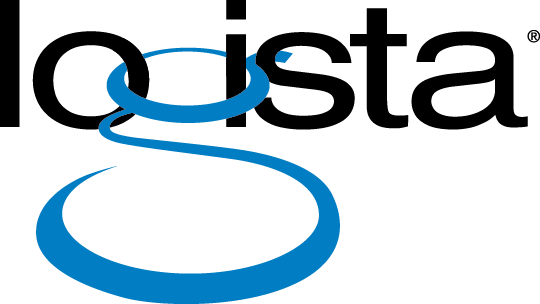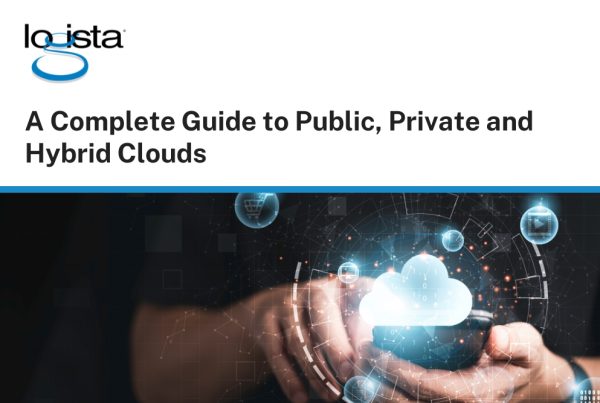Businesses today rely on a complex system of IT services and applications to function. Over the years, cloud computing has become a competitive advantage, allowing businesses to improve process efficiency, data security, and collaboration. And consequently, several different cloud computing models have evolved to meet the rapidly changing needs of businesses.

There are three major cloud deployment models to choose from – public, private, and hybrid – with each model providing a unique value to an organization.

Public Cloud
Public clouds are the most common type of cloud computing deployment and are an ideal option for enterprises that need quick access to cloud computing resources with minimal investment.
With a public cloud, all servers, software, and other supporting infrastructure are managed by the service provider. Today’s largest cloud service providers include Microsoft Azure, Google Cloud, and Amazon Web Services.
Advantages of public clouds:
- Pay-per-use – Businesses can access public cloud services without a large upfront cost. Plus, there’s no need to purchase hardware or software.
- Near-unlimited scalability – Businesses can simply buy more capacity as needed.
- No maintenance – It’s up to the service provider to handle all maintenance and upgrade costs and activities.
- Reliable – Public cloud providers run a vast network of servers, which shields against failure incidents.
But even with the above advantages, not all workloads can work in the public cloud, necessitating the need for a private cloud.
Private Cloud
A private cloud is a dedicated cloud computing environment used exclusively by one organization. It requires a substantial capital expenditure as the organization has to purchase and install the hardware and software solutions. It also incurs ongoing management, operational, and upgrading costs.
However, there are several advantages to running a private cloud:
- Flexibility – Public clouds are customized to an organization’s needs, enabling them to support legacy applications that cannot be moved to the public cloud.
- Higher levels of security – Data governance is managed in-house, which provides higher levels of privacy and control. It’s a great option for companies looking to protect valuable intellectual property.
Hybrid Cloud
As you may have guessed, a hybrid cloud is a form of cloud computing that blends public and private clouds by allowing data and applications to be shared between them. Due to data security concerns, some companies can’t operate solely in a public cloud environment. A hybrid cloud offers the data sovereignty advantages of on-premises infrastructure with the extra benefits of a public cloud.
Advantages of the hybrid cloud:
- More control – Organizations can maintain a private infrastructure to run mission-critical applications with sensitive data and workloads that require low latency.
- Flexibility – A hybrid cloud offers the best of both worlds, allowing companies to take advantage of public cloud resources to handle any overflow.
- Cost-effectiveness – Organizations gain the security and adaptability of the private cloud without taking on massive capital expenditures.
Choosing a Cloud Deployment Model
No one approach is tailor-made for every circumstance when it comes to cloud computing. For this reason, decision-makers should choose a cloud deployment model on an as-needed basis. For instance, companies can phase workloads over time, migrating to a private cloud gradually to maximize control while managing upfront costs.
About Logista Solutions
Logista Solutions is a nationally recognized leader in a broad range of technology management solutions. As one of the largest technology support providers in the U.S., Logista provides innovative and holistic solutions to help companies take control of their IT infrastructure and achieve better business outcomes. Popular services include Managed IT as a Service, VoIP and Unified Communications, Managed Print, Cloud Services and Asset Disposition.



